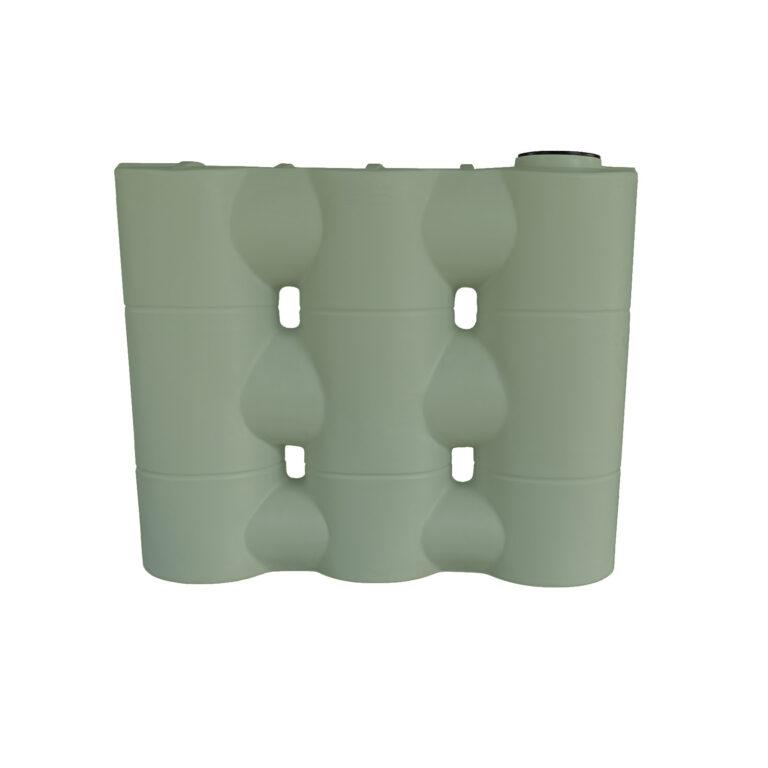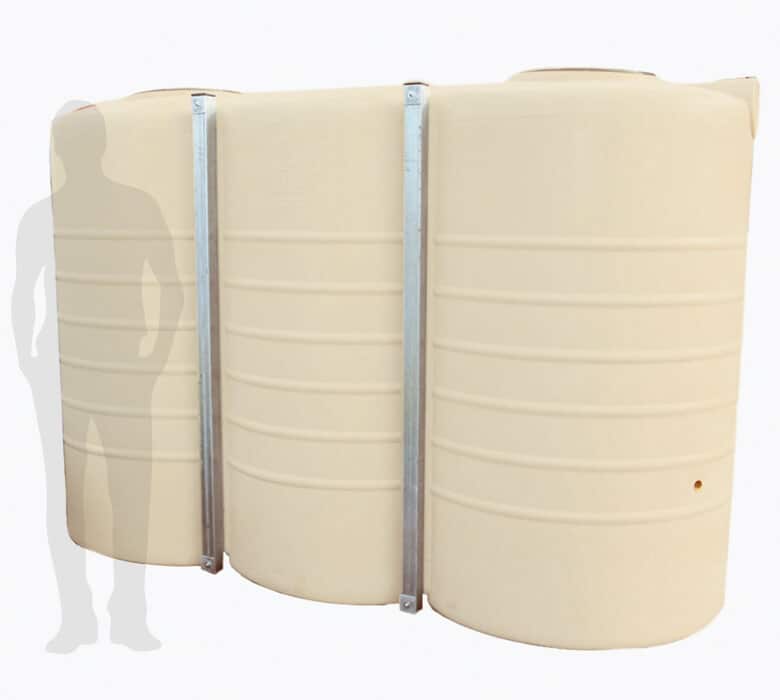Checking Out the Various Usages of Rain Storage Tanks for Residential and Commercial Characteristics
As the global emphasis on lasting living techniques remains to magnify, the utilization of rain storage tanks in both domestic and business setups has arised as a significant service. These tanks offer a reservoir for rain harvesting, offering a myriad of possible applications that prolong far beyond simple storage space. From irrigation to commode flushing and landscaping, the flexibility of rainwater storage tanks is large. Their assimilation into business residential or commercial properties opens up a realm of opportunities for eco conscious services. The diverse uses rain storage tanks offer an engaging situation for their adoption, not only as a sensible water-saving procedure yet additionally as a testimony to accountable resource administration.
Advantages of Using Rainwater Containers
Using rainwater tanks uses countless benefits for both households and neighborhoods in regards to water conservation and sustainability. Among the crucial advantages of utilizing rain containers is the considerable reduction in reliance on mains supply of water - Slimline water tanks. By catching and keeping rain for later use, people and communities can lower their need for treated water, inevitably relieving the problem on water therapy centers and reducing energy intake related to water transportation and therapy
In addition, rain collecting through storage tanks gives a reliable different water resource throughout times of water restrictions or shortages. This kept rainwater can be utilized for various non-potable functions such as irrigation, purging commodes, and washing clothing, decreasing the pressure on conventional water resources. Furthermore, using rain containers can lead to cost savings for both houses and communities by decreasing water costs and reducing the demand for expensive infrastructure growths to meet growing water needs.
In significance, the application of rain storage tanks offers a lasting and eco pleasant approach to water management, profiting both private customers and the wider community in regards to water preservation, cost-efficiency, and resilience.
Rain Tank Use in Watering
Provided the advantages of rainwater tanks in preserving water resources and minimizing dependence on keys water system, a considerable application depends on utilizing kept rain for irrigation functions - Slimline water tanks. Rainwater gathering systems can properly accumulate and keep rain, supplying a lasting water source for sprinkling gardens, lawns, and agricultural fields. By utilizing rain for irrigation, homeowner can reduce their reliance on cured water resources, leading to cost financial savings and ecological advantages

Among the main benefits of using rainwater for watering is its pureness. Rainwater is normally soft and cost-free from the chemicals and additives commonly found in mains water, making it suitable for nourishing plants without the threat of hazardous results. In addition, rain goes to ambient temperature, which can benefit plant growth by staying clear of temperature level shocks that can happen with chilly keys water.
Rain Containers for Toilet Flushing

Carrying out rainwater storage tanks for bathroom flushing is an economical and eco-friendly practice that can be easily incorporated into both property and business residential properties. The stored rain can be made use of to flush toilets by attaching the storage tank to the existing pipes system. This easy yet reliable option can substantially reduce water consumption in a building, particularly in locations where water shortage is an issue.

Integrating Rain Tanks in Landscaping
These tanks can capture and store rainwater overflow from roofing systems, which can then be utilized for watering yards, yards, and plants. By making use of rain for watering purposes, residential or commercial property owners can decrease their reliance on municipal water sources, leading to cost savings and conservation of precious water sources.
In addition to giving a sustainable water resource for landscape design needs, rain here containers can additionally help in handling stormwater drainage. By capturing rainwater that would certainly otherwise flow into tornado drains, these tanks can minimize disintegration, lower flooding threats, and protect against air pollution of natural water bodies. Moreover, incorporating rain containers in landscape design can add to the overall visual appeal of the home, showcasing a commitment to ecological stewardship.
Industrial Applications of Rain Tanks
Making use of rainwater tanks in commercial settings offers a lasting service for water monitoring and preservation, profiting companies and the environment alike. Industrial applications of rain containers are varied and increasingly Click Here popular as a result of the expense financial savings and ecological advantages they supply. One vital industrial use is for irrigation functions, where collected rainwater can be used to water landscaping, yards, and farming fields surrounding industrial properties. This can lead to significant decreases in water expenses and reliance on local water sources.
In addition, rain collected in containers can be dealt with and made use of for non-potable objectives within industrial residential or commercial properties, such as flushing bathrooms, cleansing, and cooling down systems. On the whole, the incorporation of rainwater storage tanks in industrial settings offers a useful and environmentally responsible method to water monitoring.
Verdict
From watering to toilet flushing and landscaping, the usage of rainwater tanks can assist preserve water resources and reduce water costs. Generally, the adaptability and sustainability of rain tanks make them a valuable investment for any kind of building proprietor looking to raise water effectiveness.